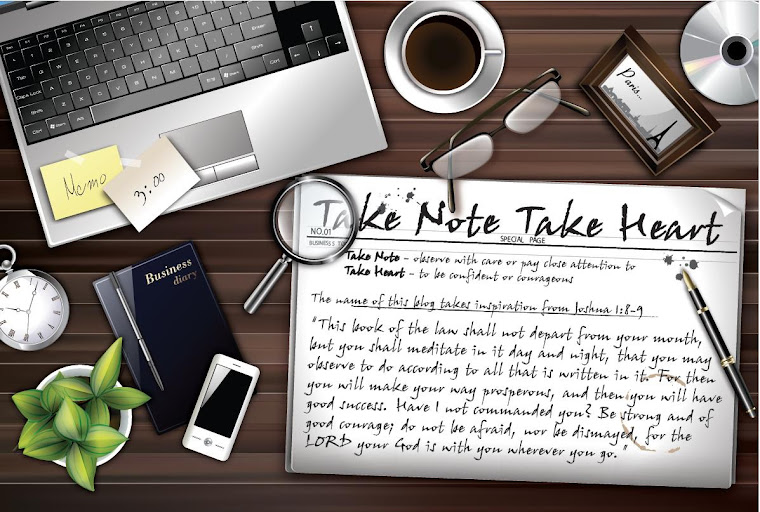14 October 2010 Last updated at 00:29 GMT
Love can ease pain, say brain researchers
 Researchers believe love can act as a painkiller
Researchers believe love can act as a painkiller Love hurts, at least according to many a romantic songwriter, but it may also help ease pain, US scientists suggest.
Brain scans suggest many of the areas normally involved in pain response are also activated by amorous thoughts.
Stanford University researchers gave 15 students mild doses of pain, while checking if they were distracted by gazing at photos of their beloved.
The study focused on people early in a romance, journal PLoS One reported, so the "drug of love" may wear off.
The scientists who carried out the experiment used "functional magnetic resonance imaging" (fMRI) to measure activity in real-time in different parts of the brain.
These include areas linked to the brain chemical dopamine, which produces the brain's feel-good state following certain stimulants - from eating sweets to taking cocaine.
"Light up"
The Stanford University researchers had noticed that when we feel pain, some of the same areas "light up" on the scans - and wondered whether one might affect the other.
They recruited a dozen students who were all in the first nine months of a relationship, defined as "the first phase of intense love".
Each was asked to bring in a picture of the object of their affection and photos of what they deemed an equally attractive acquaintance.
Continue reading the main story
“Start Quote
Professor Paul Gilbert University of DerbyIt's important to recognise that people who feel alone and depressed may have very low pain thresholds, whereas the reverse can be true for people who feel secure and cared for”
While their brains were scanned, they were shown these pictures, while a computer controlled heat pad placed in the palm of their hand was set up to cause them mild pain.
They found that viewing the picture of their beloved reduced perceptions of pain much more than looking at the image of the acquaintance.
Dr Jarred Younger, one of the researchers involved, said that the "love-induced analgesia" appeared to involve more primitive functions of the brain, working in a similar way to opioid painkillers.
"One of the key sites is the nucleus accumbens, a key reward addiction centre for opioids, cocaine and other drugs of abuse.
"The region tells the brain that you really need to keep doing this."
Professor Paul Gilbert, a neuropsychologist from the University of Derby, said that the relationship between emotional states and the perception of pain was clear.
He said: "One example is a footballer who has suffered quite a painful injury, but who is able to continue playing because of his emotionally charged state."
He added that while the effect noticed by the Stanford researchers might only be short-lived in the early stages of a love affair, it may well be replaced by something similar later in a relationship, with a sense of comfort and wellbeing generating the release of endorphins.
"It's important to recognise that people who feel alone and depressed may have very low pain thresholds, whereas the reverse can be true for people who feel secure and cared for.
"This may well be an issue for the health service, as patients are sometimes rushed through the system, and perhaps there isn't this focus on caring that might have existed once."

No comments:
Post a Comment